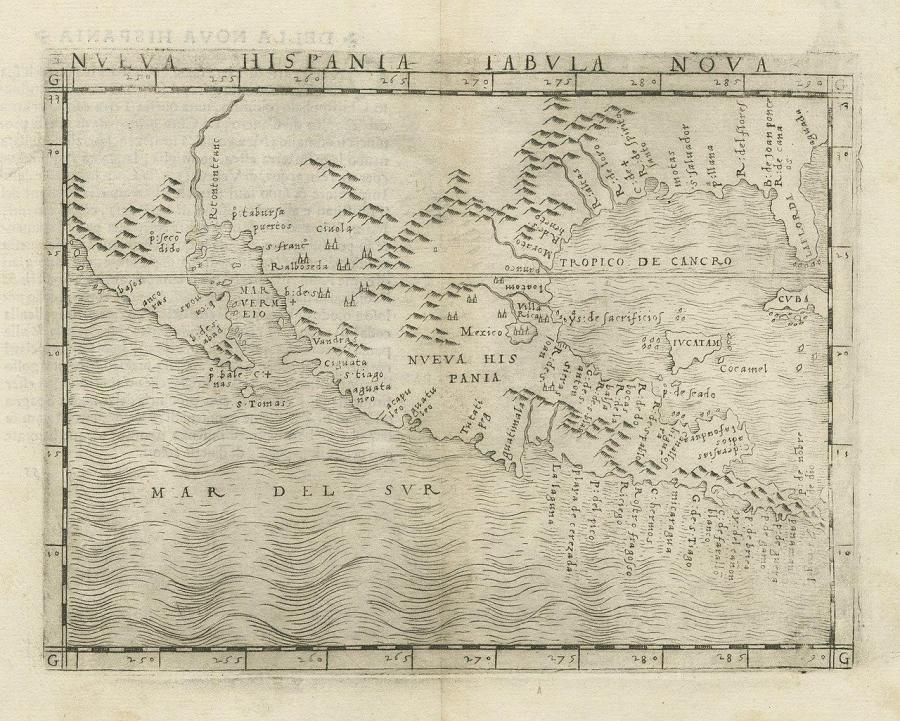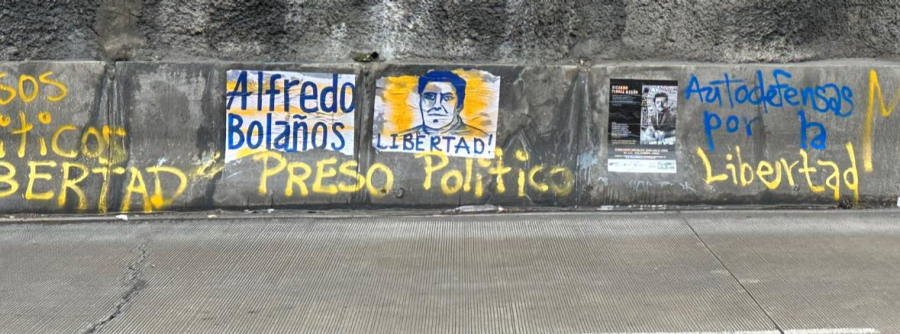Mexico has traditionally prided itself on being a mestizo nation, one that blended the cultures of its Spanish invaders with those of the local Indians to create a new civilization. This "new civilization, struggling to be born" (to quote the inscription in the center of Mexico City that commemorates the coming together of the Spaniards and Indians) has always been a work in progress. In the 19th century, the Mexican army fought punitive wars against indigenous peoples who were too insistent on maintaining their cultures and protecting their autonomy. Meanwhile, the land-holdings of indigenous communities throughout the nation were divided up as a consequence of the Reform Laws of 1856, which were intended to break up traditional Indian communities and to cremate a rural proletariat that would slowly lose its sense of being Indian.
Although some Indians did lose their indigenous identity, this process was neither widespread nor swift. After the traumatic upheaval of the revolution (1910-20) that opened the way for modern Mexico, the nation still contained a large population of people who considered themselves Indians, spoke Indian languages, and lived according to their local traditions. The policies loosely referred to as indigenismo were developed by the post revolutionary governments as a new departure in nation building. Such policies would no longer try to force indigenous peoples to give up their indigenous identities and join the mainstream. Instead, they would respect the distinctive cultures of indigenous peoples, and at the same time, improve their lot through land reform and education. The theorists of indigenismo expected that such measures would help to build modern Mexico by causing its indigenous populations slowly but surely to be assimilated into the national mainstream.
The most optimistic period of Mexican indigenismo was during the presidency of Lazaro Cardenas (1934-40) and it was at the end of Cardenas' mandate, in 1940, that Mexico hosted an international congress in Patzcuaro to discuss indigenous affairs throughout the hemisphere. This led to the founding, also on Mexican initiative, of the Interamerican Indigenous Institute. This organization and the National Indigenous Institute, founded some years later, were located in Mexico City and through their publications soon became the major sources of information concerning the situation of indigenous peoples throughout the Americas. Mexico thus took the lead in placing indigenous issues on the international agenda at a time when there was little enthusiasm in governmental circles of American nations even to discuss such questions.
By the 1970s, it was clear that Mexican indigenismo, whatever its achievements might be, was not hastening the integration of indigenous populations into the mainstream. This policy, which once led the way in promoting respect for indigenous rights in the Americas, has been overtaken and outdated by the worldwide indigenous rights movement that has gathered strength in the last two decades. Ever since the International Labor Organization adopted its Convention #169 in 1989, the tendency has been for increasing international recognition of the right of indigenous peoples to maintain their own cultures and their autonomy within the nation states of which they form part. In keeping with this trend a number of American countries, including Mexico, have recently declared themselves formally to be multi- or pluriethnic nations, but the question remains: are these merely proforma declarations or are they to be effectively implemented? After all, the recognition of indigenous rights to their own cultures and their own local autonomy, if taken seriously, implies a rethinking of the internal arrangements of states with substantial indigenous populations and some sort of federal devolution of power. It is precisely such rethinking that the Zapatistas called for at the time of their uprising, and it was their claim to be patriotic Mexicans trying to promote reform of the state that elicited favorable responses from many other Mexicans, many of whom were neither Indian, nor implicated in the revolt in the state of Chiapas.
The articles in this issue clearly show that the current Mexican government seems at present unwilling to take part in this rethinking. While professing support for pluriethnicity and the San Andrés Accords, the government simultaneously drags it feet when it comes to implementation and acts instead to stifle indigenous efforts to assert control over their own affairs. This is doubly tragic. First, because it denies to the indigenous peoples of Mexico the rights that they have reason to expect and which are implied in the nation's new constitution. Second, because Mexico has for so long been the standard bearer for indigenous rights in this hemisphere. It is therefore particularly sad to see its present administration balk at implementing the arrangements that would guarantee those rights.
Article copyright Cultural Survival, Inc.


